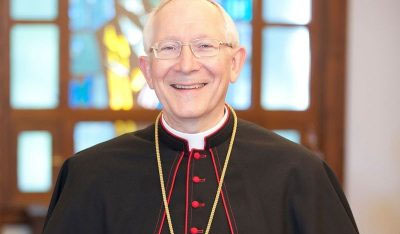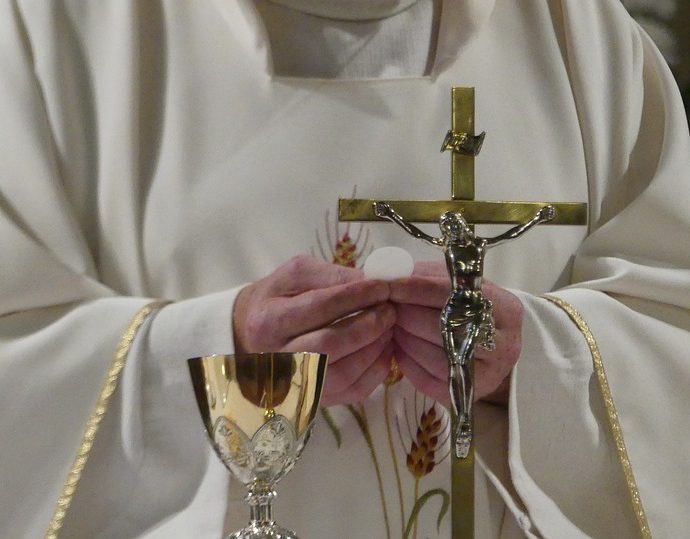Speaking Truth to “Power”
On November 23, a judge who describes herself as “Catholic” and a lesbian who is “married” to another woman was called and privately informed by her parish priest, Fr. Nolan, that she was not to present herself for Communion. When she presented herself, she was denied. She then went to confession, publicly rebuked her lifestyle, and reconciled herself to the Church….
No, she called the local television station. According to Wood TV, she is “lifelong Catholic”, “a beloved judge” who “comes from a family of prominent community members”, a victim of a “public shunning”. who “has made it clear that gay people are not welcome”. The report also describes the decision to deny communion as “{Fr. Nolan’s] new rule”, as if he just made it up on the spot.Continue Reading



